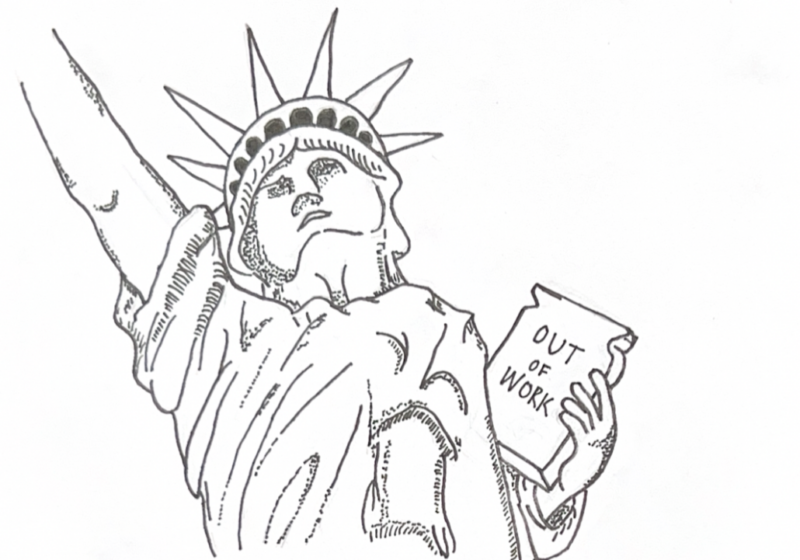Editor’s note: The Campus Times welcomed SA presidential candidates to respond to our feedback on their proposals. See this ticket’s original proposals here.
Thank you for the critique to our platform ideas we have proposed in our candidacy for president and vice president. After taking careful thought and consideration into Campus Times’ critiques — we believe that the ideas we are proposing are in fact promising and realistic. What makes them promising is that these ideas are rooted from the student body. What we’ve learned in our time in SA is that when students galvanize and make a collective movement, ideas that are “overly ambitious” and “unrealistic” come to fruition because of the constant work and continuation of conversations with administrators. Just because it hasn’t happened before or seems like a big idea doesn’t make it “overly ambitious” and “unrealistic” — that’s what administrators want us to think.
As current student body vice president, and current executive director of campus services we have seen projects become realistic that were perceived to be impractical. We were told that free printing for all students, and historic changes to safe ride to include a bigger van and mobile app were overly ambitious. What we see now is that because of constant conversation, student engagement, and benchmarking of peer institutions — we will see both of those (safe ride and free printing) projects launching in the fall of 2019. When we speak to things like MERT ambulance, it’s feasible because through experience, constant student feedback, and constantly engaging administrators, we know this project we’re proposing can be implemented. In fact, we have spent this year benchmarking other universities; engaging with the Rochester Intercollegiate Council, and looking at practices at our peer institutions. What we have learned is that it’s absurd that students have to pay fees to an outside contractor to seek medical services at our own hospital that’s two minutes away. Our on-campus MERT are trained professionals and certified by the New York State, so they have every right to own an ambulance and interact with medical professionals at the hospital. The problem is the wait time students have to suffer when seeking medical service transportation and having to wait for an outside agency to arrive. Two, students find being “MERT’d” can be deceiving and get told not to call MERT because of the fine that follows. Moreover, our students deserve the right to access medical services and transportation free on this campus. When you keep the conversations going, they can be realistic — it just takes commitment.
In regards to the Presidential Advisory Council, we have both had the opportunity to sit on committees and decision-making bodies of multiple sizes. We think that having a large body of individuals can help us get a good representative and intercultural grasp of the student body. Jamal has led a decision-making committee of 29 and a committee of 10 — what he knows is there are pros/cons to both. The access to feedback, groups, and initiatives was possible and effective in the 29-person committee. In addition, we see many other schools that have on campus large decision-making bodies with students, and we even see a large body like the Board of Trustees that make important policy decisions. So, we find it to be achievable.
Lastly, the funding support isn’t there to force anyone to participate, but it’s there to incentivize and encourage our groups to cosponsoring more. Again, we have seen this work at University of Missouri, and what they require is that in order to access funding, you must co-sponsor with another organization and host an event that creates greater impact on campus. What we get from that is increase student collaboration, and a model like Missouri is one that we would want to follow.
Again, these aren’t ideas that are self-driven, these are ideas formed from talking to students and seeing what they care about. It takes commitment, and we are committed to ensuring that we’re advocating for every student on this campus.





